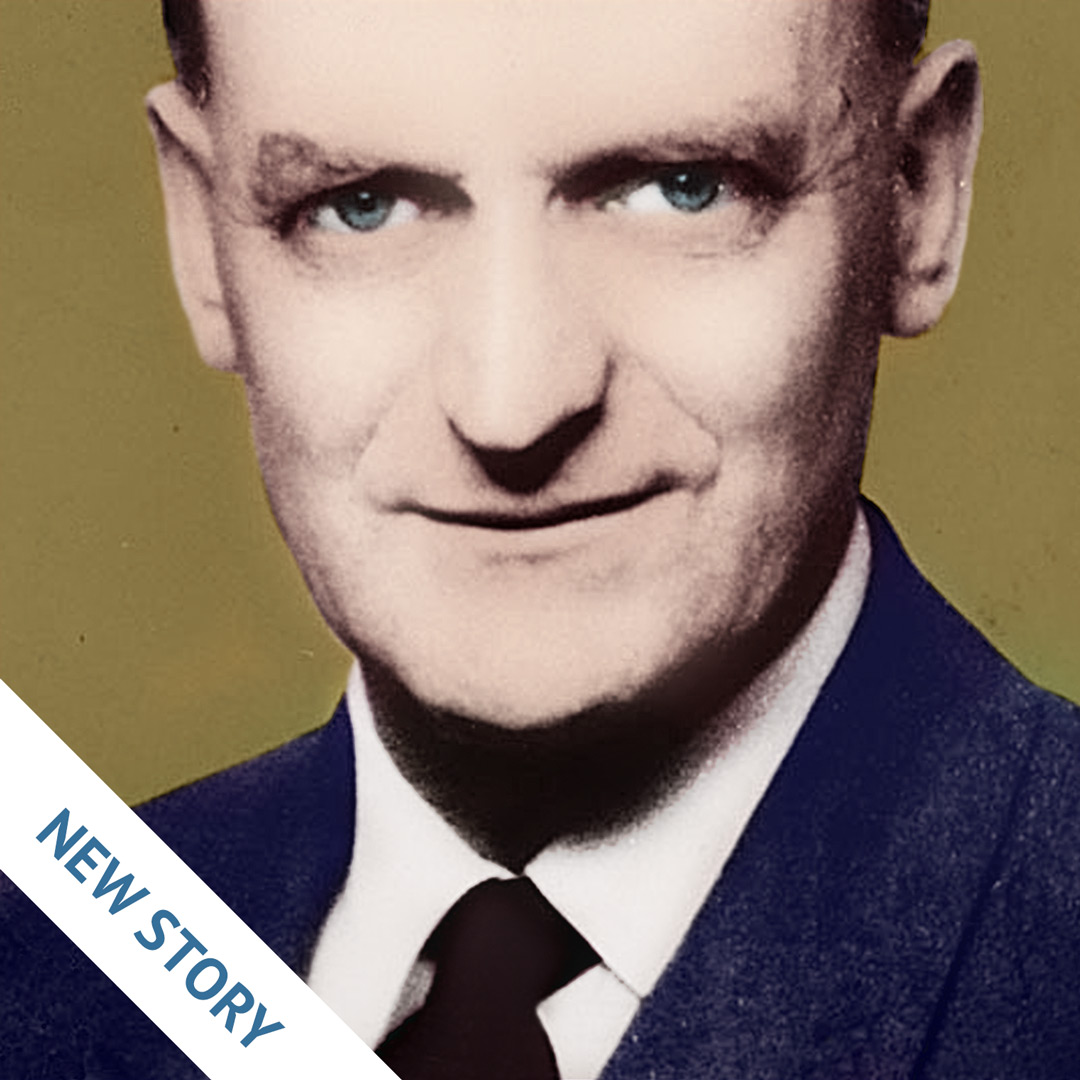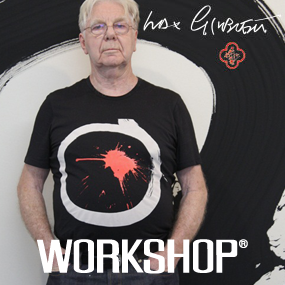Lucky Planet Hunters Discover Super-Earth
NASA is adopting a planet hunting technique created by New Zealand scientists. Called gravitational microlensing, it helped Auckland and Massey University scientists Associate Professor Ian Bond and Dr Nick Rattenbury find a new giant planet orbiting a far-flung star this year with Lake Tekapo’s Mt John University Observatory telescope – a super-Earth.
Estimated to be two to five times the size of Earth, the “very cold and icy” planet is about 24,000 light years away, and is believed to orbit a dim star weaker than our own sun, Rattenbury said.
But the discovery of the latest planet was partly by chance.
The pair found out they had actually captured the planet in observations made back in 2012. However it was not till this year as they were sifting through all their data that they realised what they had.
What’s exciting about the discovery is that it adds to evidence showing planets can exist close to the centre of our galaxy, the Milky Way, Rattenbury said.
Now NASA has adopted the gravitational microlensing technique developed and will use it aboard its planned 2020 outer space Wide Field Infrared Survey Telescope.
As for the planet officially known as MOA-2012-BLG-505Lb, no one’s in a hurry to name it and for now it will likely keep its “phone number” name, Rattenbury said.
The collaboration group’s under peer-review paper, MOA-2012-BLG-505Lb: A super-Earth mass planet in the Galactic bulge, will be published in The Astrophysical Journal.
Original article by Simon Maude, Stuff, April 20, 2017.














